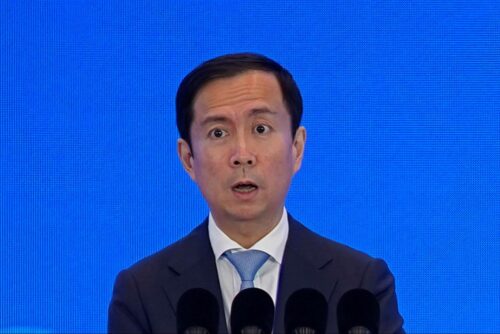Kuora: Censorship of American tech companies in China, and the question of reciprocity

This week’s column comes from one of Kaiser’s answers originally posted to Quora on January 25, 2018:
Why are Tencent and Alibaba allowed to compete globally while foreign companies are not permitted in the Chinese domestic market, given that China pretends to not to have a “China First” policy?
The sensitivities that give rise to the censorship effectively preventing many global tech companies from competing in China aren’t commercial, but political. Companies seen as having no real potential as platforms for political dissent or organization are not barred from competing in China. Amazon, for instance, is able to compete, and people do order things on Amazon in China — though in all honesty it stands very little chance against Alibaba’s T-mall or JD.com. eBay was allowed to compete, but Alibaba’s Taobao wiped the floor with it.
The global (read: American) tech companies that aren’t allowed to operate (or basically not allowed to, even if they do have R&D or sales operations in China) are blocked because they’re seen as potential vehicles for the spread of ideas the ruling Chinese Communist Party opposes (“Western values,” “so-called ‘universal values,’” “historical nihilism,” “anti-socialist values,” etc.) or because they’re easily used to organize people. The CCP fears that social media sites and services, especially, are dangerous. But watching how we in the West appended the names of various social media sites to color revolutions or the Arab Spring uprisings — Iran’s Green Revolution in 2009 was the “YouTube Revolution,” Tahrir Square in Egypt became the “Facebook Revolution,” Moldova and others were termed “Twitter Revolutions” — it’s not surprising that Beijing would regard them with suspicion.
Google, which pulled out of China in 2010 over (at least in part) censorship restrictions, had been free to operate in China prior to that time as long as it agreed to abide by those restrictions.
There are people who call for reciprocity, but I think hitting back at private-sector Chinese internet companies — the companies that, in my opinion, are probably doing the most to advance the public sphere and broaden information horizons in China, despite what the government does to contain such things — would be cutting off one’s nose to spite one’s face. It would be foolish and counterproductive.






